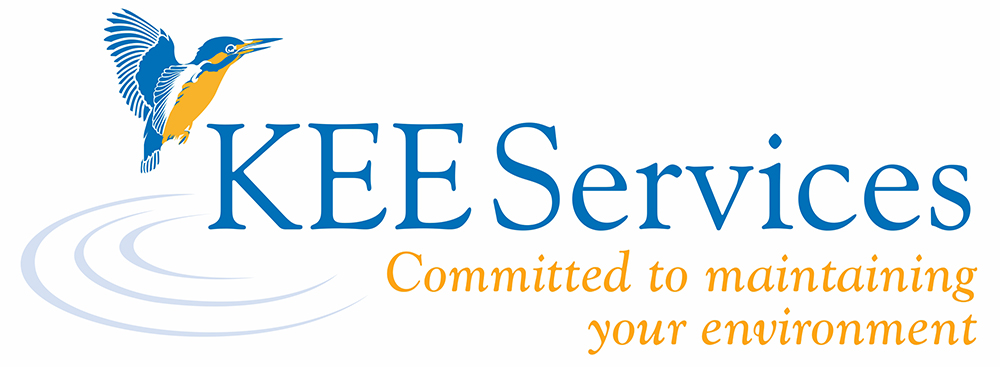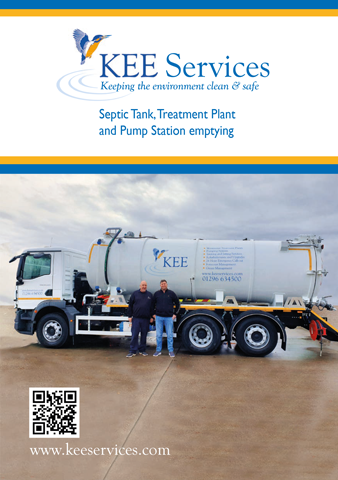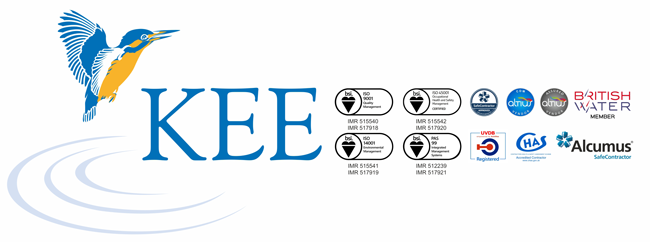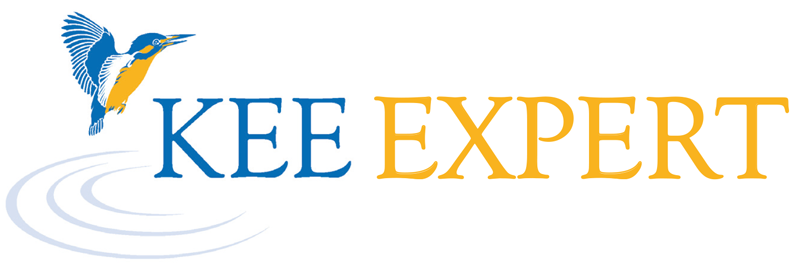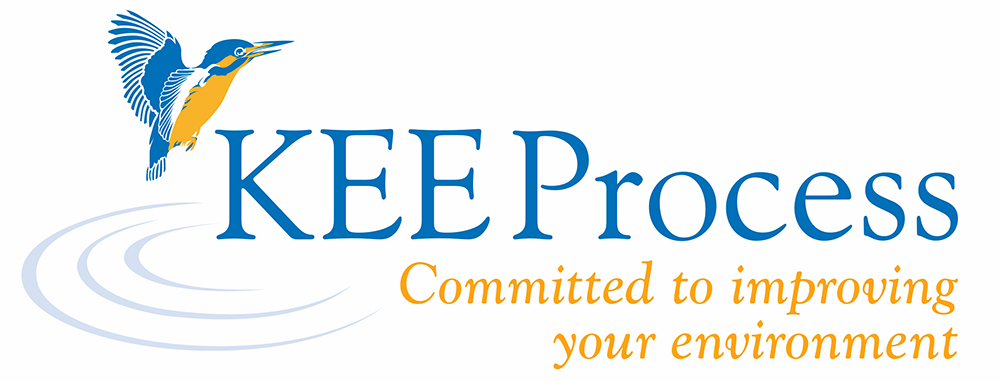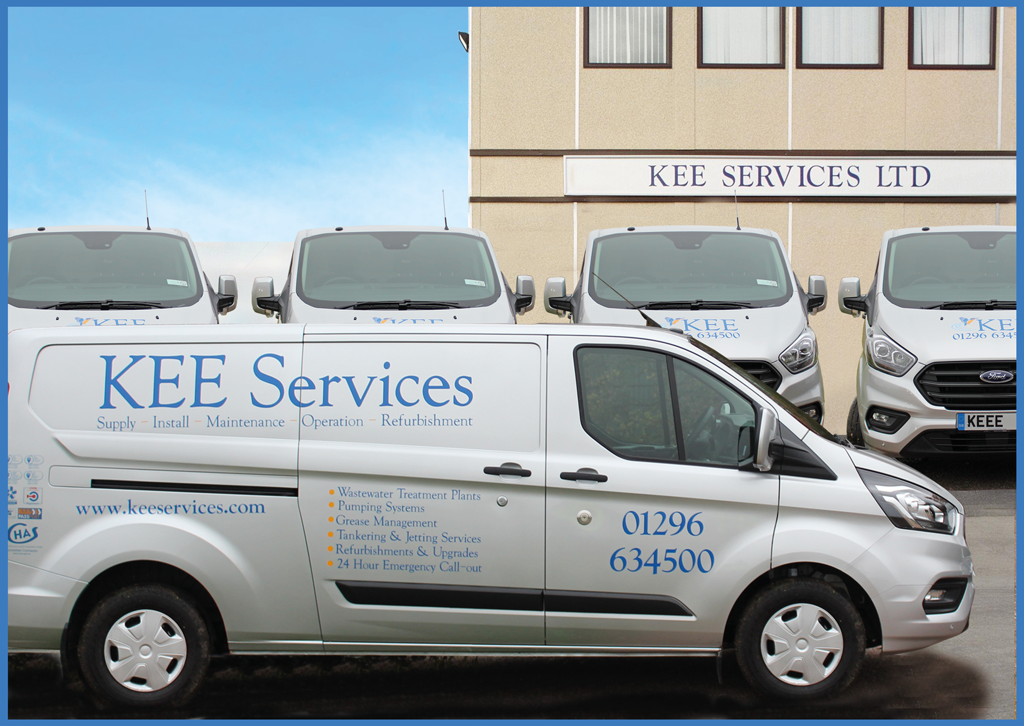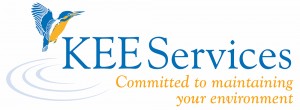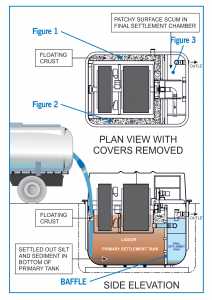“ A maintenance strategy is necessary to ensure the smooth running of business operations. As well as giving a business better control over its asset and maintenance costs, a clear maintenance strategy helps to ensure statutory compliance and adherence to company policies. ”
Ian Short. KEE Services Business Development Manager.
An unplanned, reactive maintenance approach may lead to lower maintenance costs up front and less time spent on planning and performing maintenance in the short term, but that’s about where the benefits end. The cost of replacing failed components, equipment and emergency call out work at short notice and/or outside of normal operating hours costs much more when the situation arises. Therefore not proactively planning your maintenance tends to be more costly in the longer term and causes much more disruption to your business fixing the problem once it has occurred.
Why maintain your equipment?
There are a number of key reasons a business should take the time to consider the maintenance needs of their Wastewater Treatment equipment:
- Regulatory compliance
- Environmental surroundings
- Ensuring a pleasant
- Health and Safety obligations
- Budget management
- Reliability of equipment
- Optimising asset use
- Energy management
- Business need
Proactive maintenance keeps you one step ahead of your equipment needs. In the same way that you would take your car for regular servicing rather than waiting for it to break down and incurring a large repair bill, it’s strongly advisable to maintain your equipment on a systematic basis.
PPM Strategy
PPM involves setting a maintenance schedule based on either calendar time or asset hours. This should also take into account factors specific to your business usage such as the environment in which it is operated and any legal waste consent requirements applicable.
A maintenance strategy takes the business’s maintenance aims and translates them into actions to support the company’s obligations, requirements and intentions. The strategy should include the following elements:
- Setting of an appropriate budget
- Carrying out risk assessments of equipment and processes
- Establishing detailed regulatory, health and safety needs
- Designing a resource and efficiency management strategy
- Ensuring adherence to waste permit limits set by Environmental Agency.
- Assessing the age of the equipment and whether any plants require refurbishment to extend plant longevity and minimise reactive maintenance.
- Ensuring all maintenance work is completed by certified, registered companies appropriately insured and trained to complete the work.
PPM Programme
PPM is usually carried out with the support of a certified partner specialising in asset maintenance such as ourselves. Using our experience, we can provide a better insight into the condition of your assets. As a result, you can adopt a proactive maintenance programme designed specifically for your business and equipment thereby reducing the need for reactive maintenance.
Reactive maintenance may sometimes still be required, but a PPM plan will reduce the likelihood of this happening and will assist you in managing the maintenance budget with fewer surprises. Additionally, if a reactive engineer call out is required, KEE can check when the next planned Service Visit is due at your site and, where appropriate, arrange for the engineer to complete the ‘PPM Service’ on the plant at the same time, therefore minimising call out charges and site visits costs.
PPM also gives much greater control over the impact maintenance has on business operations because you can schedule when you wish maintenance to be completed based on when it will cause minimum disruption. For example, you can arrange a maintenance visit for a specific day when employees are available to provide access etc. Seasonal requirements can also be taken into account to ensure your Wastewater Treatment equipment is serviced and in full working order when needed most.
Following a maintenance program and documenting all work carried out also supports your legal compliance and provides evidence thereof (should it be required) in the event of system failure leading to harm or environmental damage.
KEE Services maintain all types and makes of Wastewater Treatment equipment. Please contact us on +44 (0) 1296 634 500 or visit our KEE Services website for more information on designing a PPM programme to suit your requirements.
